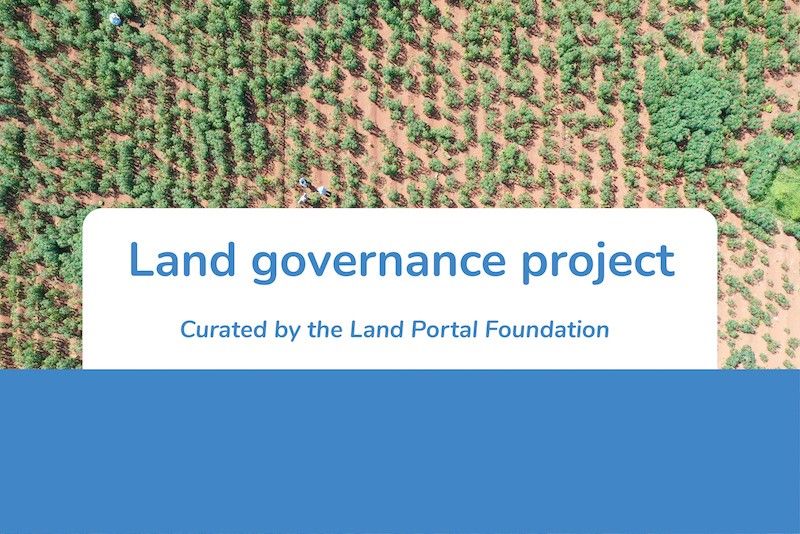Geographical focus
Related categories
Objectives
The objective of this project is to protect newly drought displaced IDPs through provision of reduced and combined emergency shelter and NFI kits. The project will set-up camp management committees and train their members in humanitarian principles and approaches for self-management by IDPs of the new camps in K7-K20 along Afgooye Road in Banadir region. The project tries to respond to urgent humanitarian needs with insufficient financial means provided by the SHF.
This project will provide restricted and flexible vouchers that shall be redeemed with emergency shelter and NFI kits to the newly drought displaced IDPs. The vouchers are at a reduced value as compared with the shelter cluster standards due to funding constraints. A list of shelter and NFI items from which the beneficiaries can choose from using the flexible voucher shall be provided. The beneficiaries are flexible to choose from these items based on their priority needs up to the ceiling amount of the voucher. By experience, women prefer different items than men that suit better their special needs, e.g. for privacy.
The project shall also establish 15 gender balanced camp management committees in new settlements within the larger IDP camps and train their members in camp management skills and approaches in humanitarian aid. Especially women that head households will be encouraged to represent their interests in the committees. Committee members will take an initial five-day training course and will then receive "on-the-job" assistance and support from the community mobilization workers. Each of the committees will then receive a tool kit for improving drainage channels and cleaning the camps.
The role of these committees shall include the following among others: enhance formalization of the spontaneous settlement, provide recognized leadership to the new IDP communities and to represent the IDP communities towards local authorities and formal humanitarian actors, assist in selection of beneficiaries, reporting new evictions, settlement planning, maintaining camp cleanliness, negotiating with local authorities, land lords and IDPs to demarcate public spaces, roads and firebreaks, conflict prevention and mediation. This structure can transit into formal administration through local authorities when they come into effect.
They shall integrate all informal leader of the communities including elements that have usually conflicting interests with the potential of violence against individuals or groups. Social control within the committees shall contribute to the containment of oppressive elements.
Lack of land tenure and durable solutions for displaced populations has created a situation in which governments or land lords forcibly evict IDP communities, especially in down-town Mogadishu and also in K7 - K8 along the Afgooye corridor. Such processes usually involve significantly human rights violations. The committees shall negotiate with the local authorities and land lords on behalf of the communities to have improved land tenure security.
The proposed SHF project will compliment two other projects currently running in the K7-K20 IDP camps and implemented by DKH through its local partner DBG. DKH is targeting 1,140 newly displaced IDP households in K7-K20 camps with shelter, NFI and 3 months’ partly rations of food through flexible vouchers. That project is funded by the German Bureau of Foreign Affairs (AA). Secondly, DKH through means from the German Federal Ministry for Economy and Cooperation (BMZ) has established and trained 10 camp management committees to help increase the effectiveness of humanitarian aid and improve settlement planning within the camps with tangible success.



